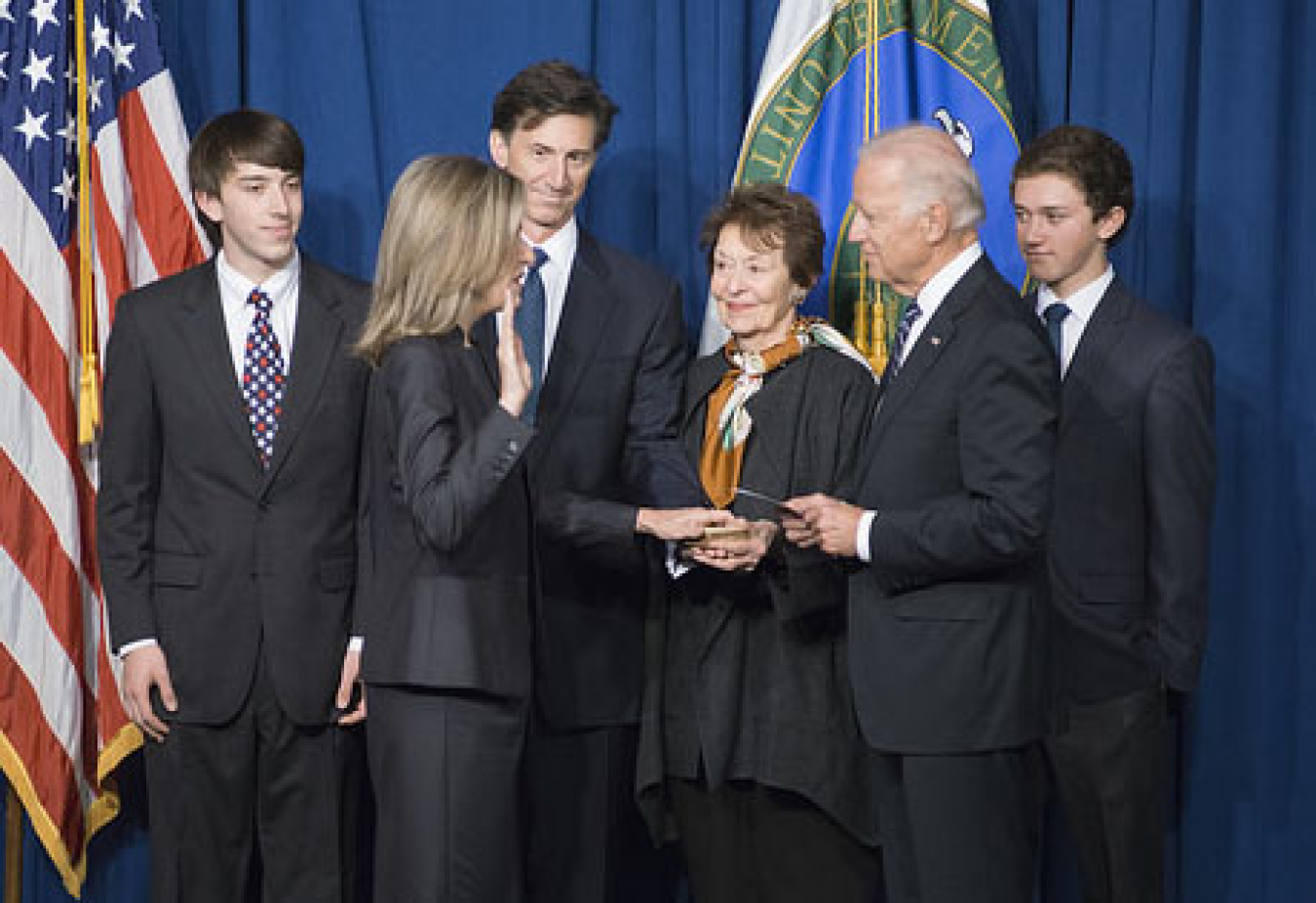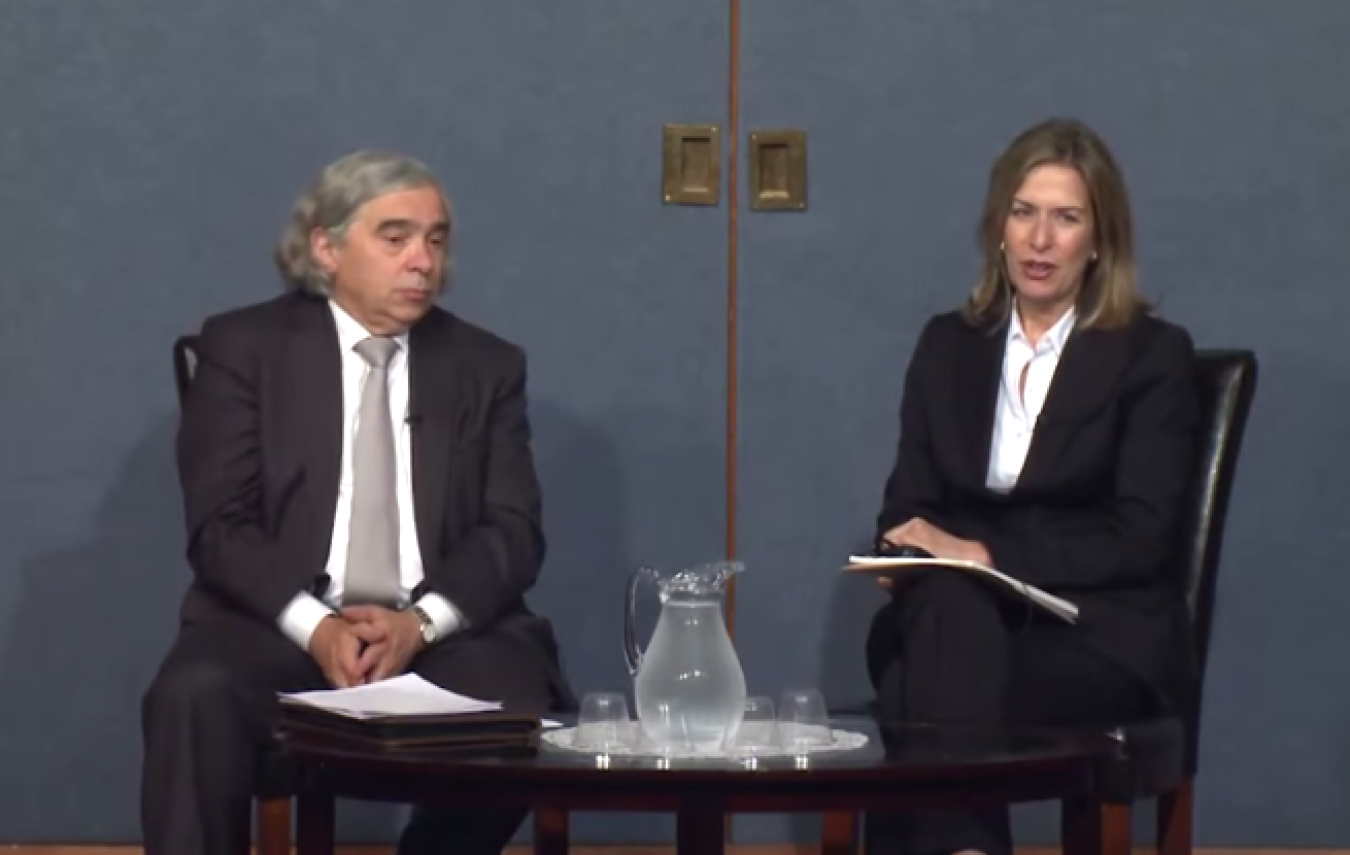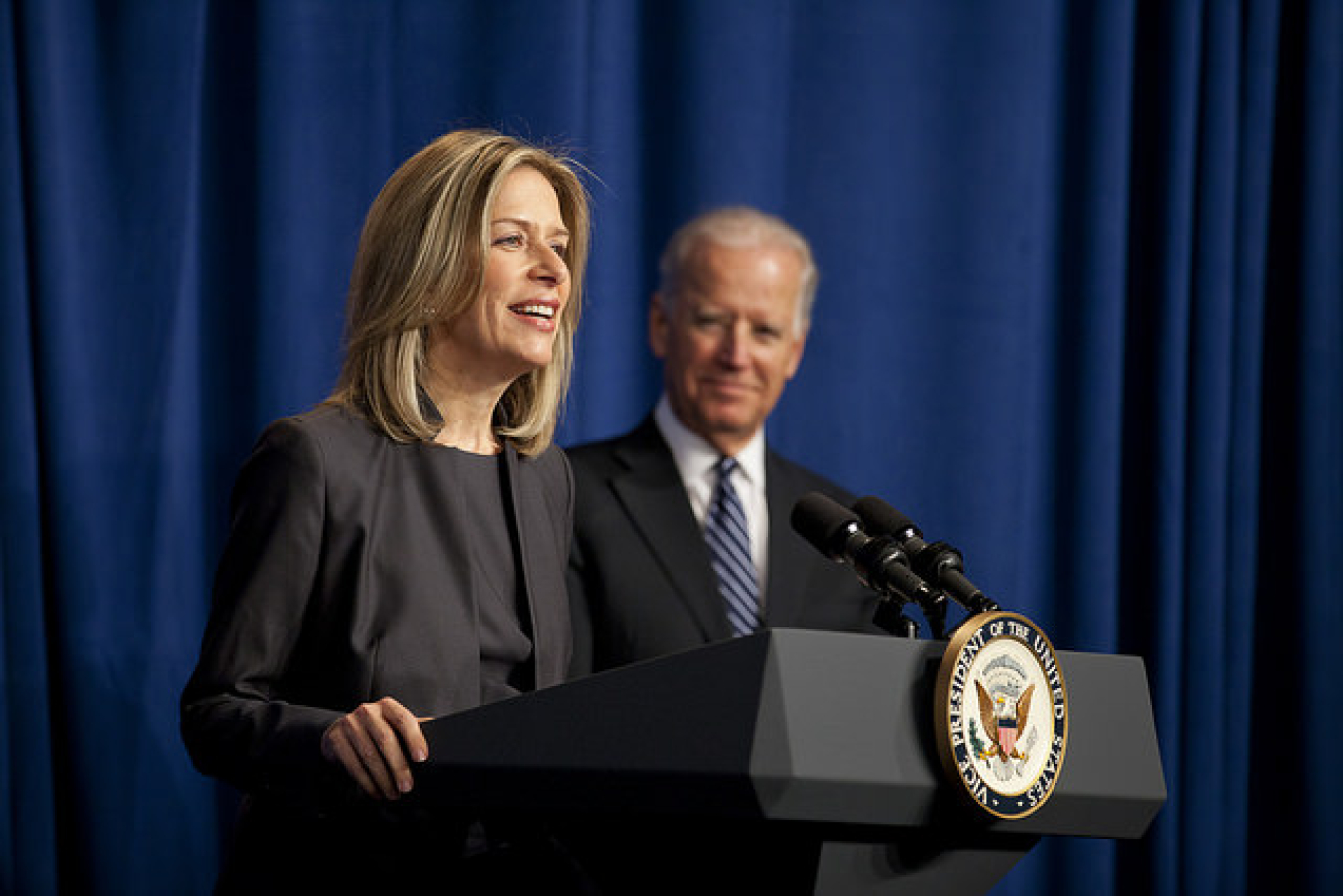I had the opportunity this past week to represent the Department of Energy at a critically important exercise here in our Nation’s Capital – an exercise, just like in real life, to strengthen our muscles, in this case making our electricity grid more secure and resilient.
The two-day Grid Security Exercise III, or GridEx III, was the largest exercise of its kind – ever. GridEx III brought together government and private sector leaders to simulate a coordinated response to physical and cyber threats to our Nation’s grid.
As President Obama has pointed out, energy and communications systems enable all other infrastructure to function – and if we don’t protect the energy sector, we’re putting every other sector of the economy in peril.
GridEx III allowed us to put our plans to the test so that we improve our preparedness for a real crisis. Because of our responsibilities for the energy sector, the Department of Energy is the day-to-day coordinator with industry on matters of security, resilience, incident response, and planning. So the Department of Energy led Federal planning for GridEx III. More than 350 organizations and an estimated 10,000 individuals joined the exercise. This group featured CEOs from utilities from across the country, state and local partners in the field, and our colleagues from the White House, DHS, DOD, and FBI. These leaders came together to participate in an executive-level exercise to tackle the scenario’s most challenging elements.
During a real-world attack on the grid, the Department of Energy would be responsible for collecting, evaluating, and sharing information on our energy infrastructure, as well as working with Federal, state, and local entities and industry to help facilitate the restoration of damaged energy infrastructure. We tested all of these mechanisms at GridEx III. In addition, we discussed policy and legal challenges on a variety of topics, including how to share information and resources, coordinate our response, overcome regulatory barriers, and integrate public and private efforts so that we bring to bear our joint capabilities. This is particularly important because 90 percent of energy infrastructure is in private hands. The North American Electric Reliability Corporation (NERC), the sponsoring organization for GridEx III, will complete a report of findings and recommendations from the exercise, scheduled for release in the first quarter of 2016.
We at the Department of Energy recognize that there are many hazards and serious threats facing the electric sector, and these threats continue to evolve. With our partners across the government – including the White House, DHS, DOD, and FBI – and in the private sector, we are working together to counter these threats, protect the American people, and keep the lights on.
Dr. Elizabeth Sherwood-Randall
Download a high-resolution version of portrait
Elizabeth Sherwood-Randall served as Deputy Secretary at the U.S. Department of Energy from October 10, 2014 to January 19, 2017.
She joined the Obama Administration on day one, serving from 2009 to 2013 as Special Assistant to the President and Senior Director for European Affairs at the National Security Council and from 2013 to 2014 as White House Coordinator for Defense Policy, Countering Weapons of Mass Destruction, and Arms Control.
Before joining President Obama’s team, Dr. Sherwood-Randall worked at Stanford University, at Harvard University, and at the Council on Foreign Relations. In the Clinton Administration, she served as Deputy Assistant Secretary of Defense for Russia, Ukraine, and Eurasia from 1994 to 1996.
Dr. Sherwood-Randall attended college at Harvard and then went on to graduate school at Oxford University, where she was among the very early ranks of female Rhodes Scholars. After finishing her education, she began her career working for then-Senator Joe Biden as his chief advisor on foreign and defense policy.
Born and raised in California, she is married to Dr. Jeff Randall, a neurosurgeon, and they have two teenaged sons.




